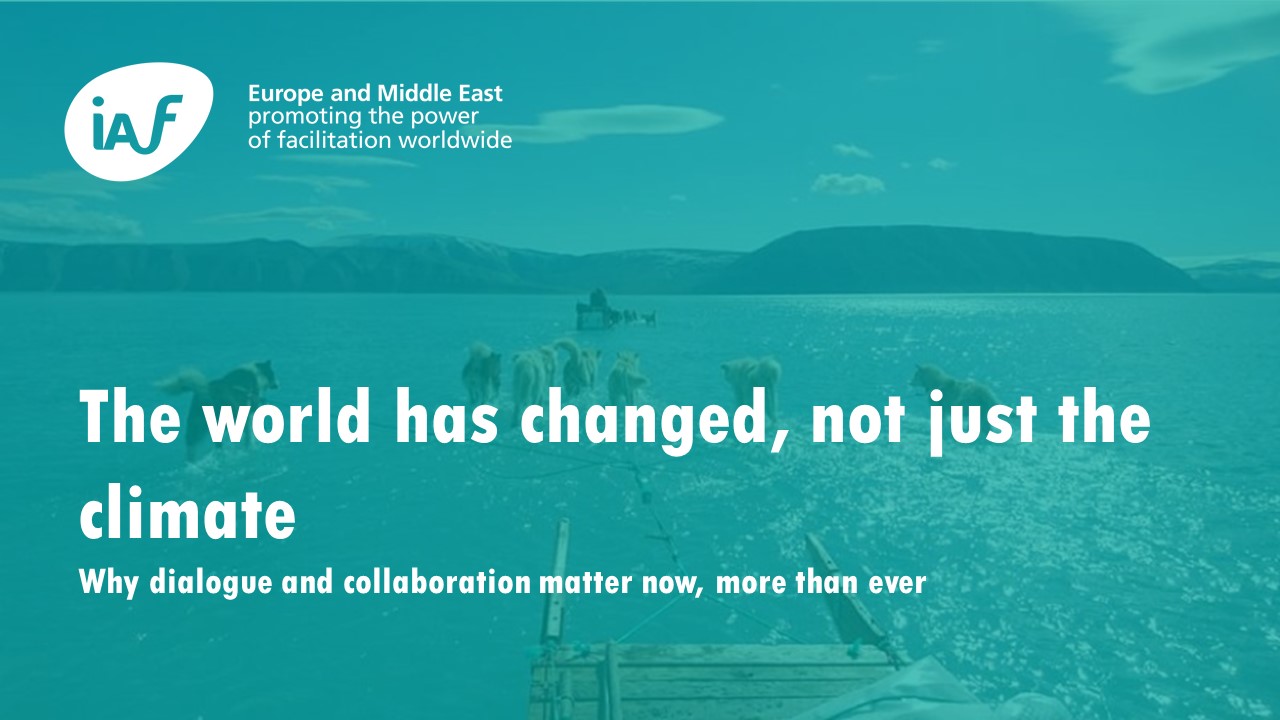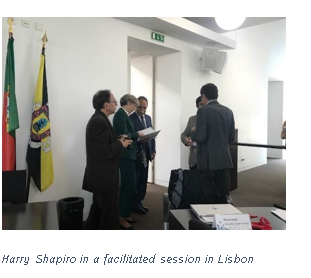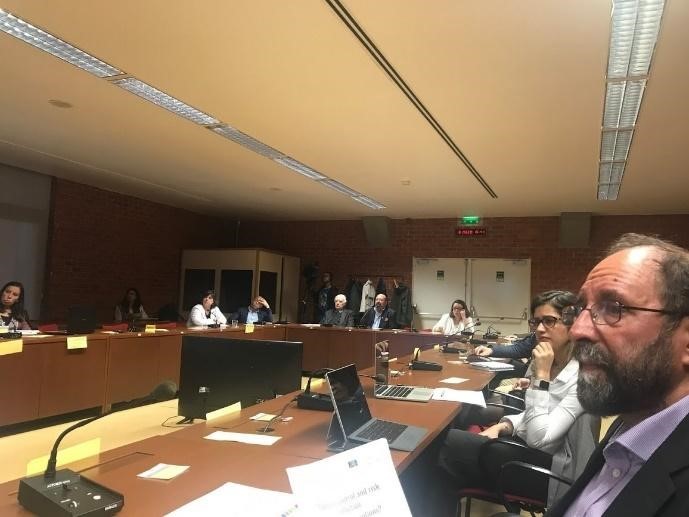Global Flipchart #16
September 2019
The world has changed, not just the climate

When I first saw this picture on my social feed, it struck a chord. The climate is changing but so the world. I have recently read Hans Rosling's Factfulness: "Ten Reasons We're Wrong

In what concerns public administration and healthcare, I have been busy this first semester with a number of challenging facilitation assignments in Portugal and I discovered a sharp contrast between what I have witnessed in two related areas of Public Health tasked to fight two licit drugs: Alcohol and Tobacco.
Why constructive dialogue matters
Since 2008, Portugal has had a Forum for governmental/ non-governmental organizations and economic operators to meet and debate problems linked to harmful use of alcohol and its implication for public health. I had the privilege to be invited to design an intervention for the opening session this year.
This Forum (called FNAS) played an important advisory role in the design of a new law establishing the availability, sale and consumption of alcoholic beverages in public places and places open to the public in Portugal. The public administration body in charge - SICAD- are also responsible for fighting the illicit drug addiction where Portugal is also considered to be a world reference.
By contrast, in what concerns Tobacco, the state of the art is quite different. Despite fierce measures imposed by the WHO's Framework Convention on Tobacco Control Framework

What are my reflections as a facilitator and why should you need one?
Of course, you would not expect that an IAF Certified Professional Facilitator will be telling you that a group facilitator is not needed, right? You are quite wrong, there are several circumstances where you should not rely on collaboration or even bother to have a group facilitator.

Rule #1
If the participants do not accept the neutrality of the facilitator then there is a chance that the participation will be jeopardized. This mistrust can be overcome if you employ a certified member of the IAF abiding by strict ethical standards whose sole commitment must be to the group of participants being served, independently from the sponsor which has agreed upfront to abide by these standards.
Rule #2
If the participants mistrust the proposer of dialogue or the meeting owner is perceived to be biased in favoring one result rather than another, then the use of a group facilitator will be limited. In order to develop mutual trust among all participants a facilitator might spend time in one-on-one conversations trying to find the minimum common ground for a dialogue to start. She or he, would become a conflict mediator in such instance.
Rule #3
The most effective conflict resolution strategy is joint problem-solving; this means that the facilitator in the capacity of conflict mediator must generate enough mutual trust for the belligerent parties to constructively confront each other and develop ways to solving the problem together.
This article is a condensed version of the original text found here publised June 2019.